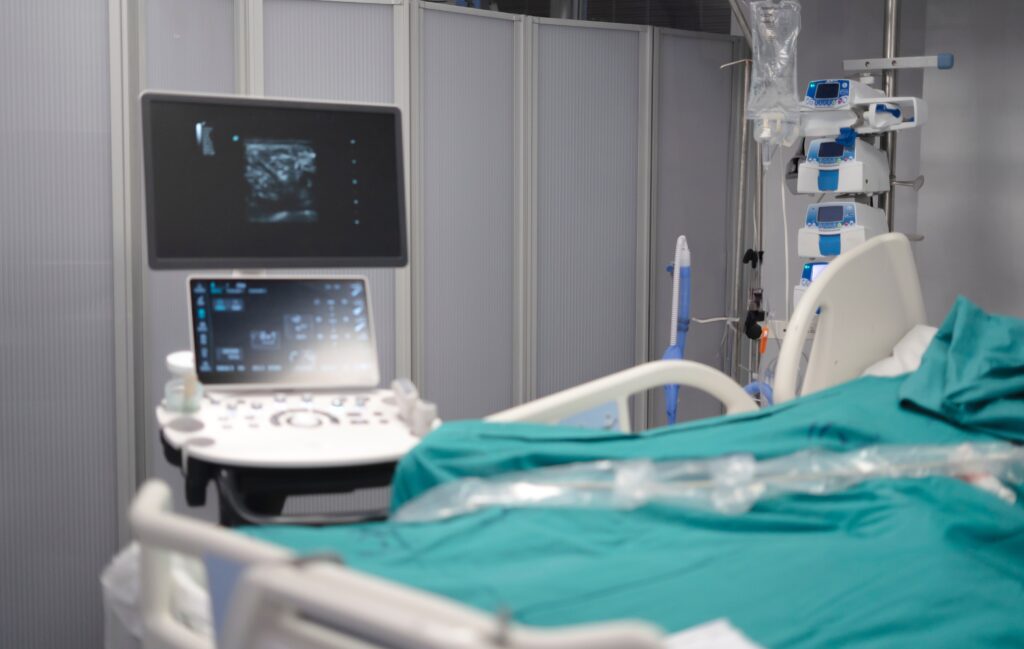A new ultrasound “helmet” could transform treatment for neurological conditions, including Parkinson’s disease, without the need for surgery. The device can target brain regions 1,000 times smaller than standard ultrasound and may eventually replace invasive deep brain stimulation (DBS). It also shows potential for conditions such as Tourette syndrome, Alzheimer’s, depression, chronic pain, and addiction.
Unlike DBS, which requires electrodes to be implanted deep in the brain, the helmet delivers mechanical pulses non-invasively while fitted inside an MRI scanner. A study in Nature Communications demonstrated its precision on seven volunteers, targeting a region the size of a grain of rice in the lateral geniculate nucleus (LGN), producing measurable changes in the visual cortex. Researchers suggest similar targeting of motor regions could reduce Parkinson’s tremors.
Developed over a decade by teams at Oxford University and University College London, the helmet is designed for patient comfort and could eventually be paired with AI to allow home use. The researchers aim to refine it into a practical clinical tool that could complement or replace invasive brain implants in the future.


